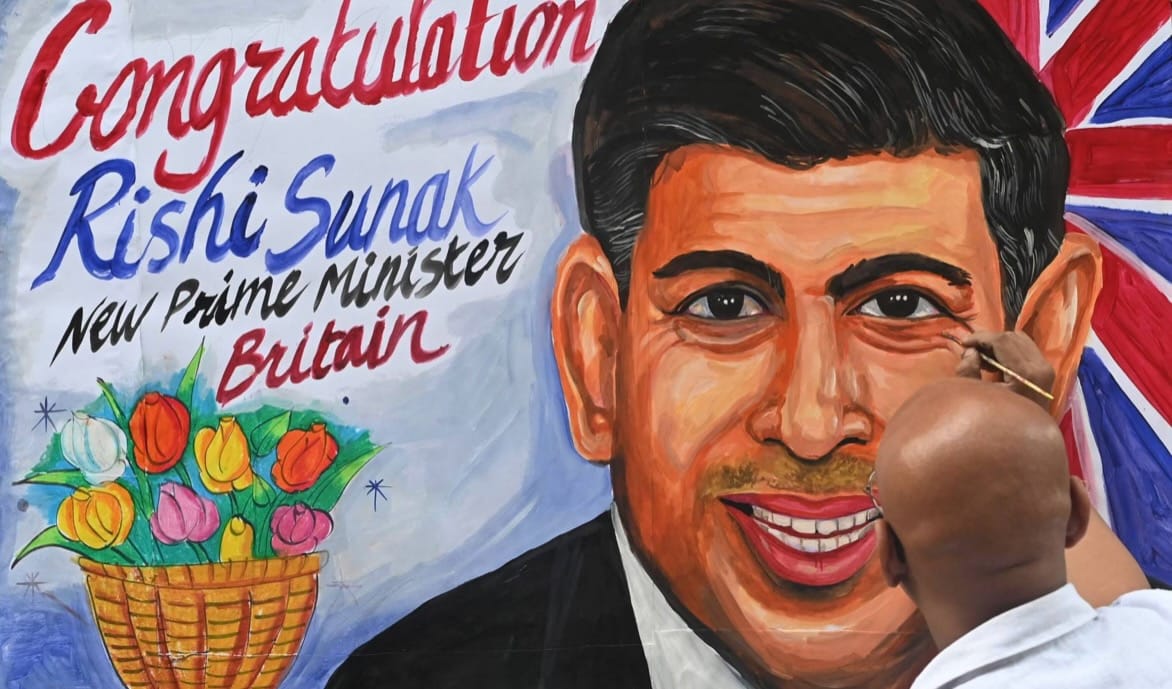GONZALO REYES MONTANO WRITES – The United States is not the only country deeply concerned with the direction of China’s potential. Consider the substantially increased military spending plans proposed by the current government of the United Kingdom, based upon the fear of imminent danger posed by China. But what is the nature of the evidence for the proposition that – as current British Prime Minister Rishi Sunak alleges – China represents a challenge to the world order?
It’s certainly undeniable that China has been expanding trade throughout East Asia primarily via the sea lanes of the major oceans. This expansion has caused friction. Recently, China stated its opposition to the Philippines’ proposed allowance of U.S. military bases there. What might Chinese authorities do about it?
Consider what has been done in the past. In 2017, South Korea allowed the United States to install an antimissile program called THAAD. China opposed this firmly, since the program could serve as surveillance technology aimed at Chinese military tactics. Even so, as work was started, the alarmed Chinese government boycotted South Korean companies.
The second example involves Australia. Without a doubt, the commercial relationship between Australia and China is extremely important, since it’s so very productive. But this relationship was jeopardized when Australia had the temerity to question whether China in fact was the original trigger for the spread of the pandemic coronavirus. In furious response, China imposed tariffs and reduced its hefty importation of Australian carbon.
Now consider Lithuania. This European country, even if farther from China than Australia, suffered consequences when its leadership decided to exit the so-named ‘17+ 1’ organization, which is an association of Central and Eastern European countries chaired by China. The punishment levied: Lithuania could no longer directly export products to China.
So far, then, we can say for sure that China will not hesitate to flex its muscles and apply coercive diplomacy (so-called wolf warrior diplomacy) even with confrontational or combative actions and policies. But it is hardly the first major power in world history to act this way. The U.S. is no slouch in this regard. So the harder question is what other responses or retaliations are lurking deep inside the Beijing playbook? Presumably Manila is on red alert.

